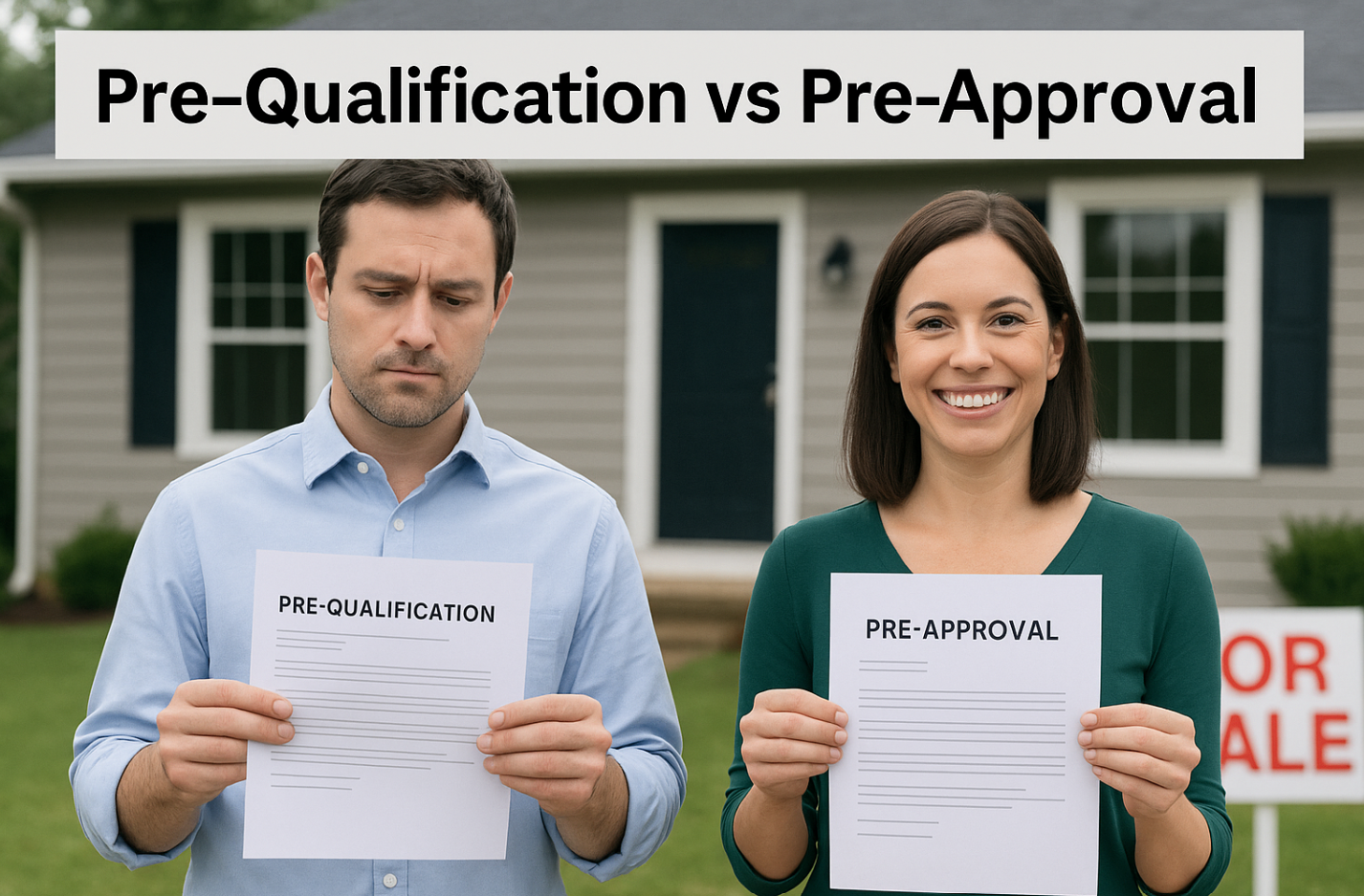
Pre-Qualified vs Pre-Approved: Key Differences for Buyers
If you’re thinking about buying a home, understanding the difference between pre-qualified vs pre-approved is key. These two steps sound similar, but they carry very different weight—especially when you’re ready to make an offer.
Pre-Qualification: A Quick Estimate
Getting pre-qualified is an easy first step. You provide some basic information about your income, debts, and estimated credit score. I use that to give you a rough price range.
It’s a soft approach with no credit pull and no documents required. It’s great for early planning.
However, it won’t help much when you’re ready to write an offer. Sellers and agents won’t take a pre-qualification as seriously because nothing has been verified.
Pre-Approval: Verified and Ready
Pre-approval, on the other hand, is the real deal. I’ll review your credit, income, assets, and debts. That gives you and the seller a solid understanding of what you can afford.
✅ Full credit check
✅ Verified documents
✅ Offer-ready letter
✅ Confidence for both buyer and seller
As a result, a pre-approval gives you a clear edge in competitive markets like Portland, Vancouver, or Beaverton.
Learn more about the loan process here (internal link)
Pre-Qualified vs Pre-Approved: Which One Do You Really Need?
For casual browsing, pre-qualification is fine. But when you’re serious about buying—or thinking of writing an offer—you’ll need a pre-approval.
Here’s what Fannie Mae says about pre-approval (outbound link)
Let’s Get You Pre-Approved
I’ll walk you through it step-by-step. No pressure. Just real numbers and a strategy tailored to you.
👉 Start Your Pre-Approval Here
📞 Or schedule a quick call with me — I’m happy to help.

